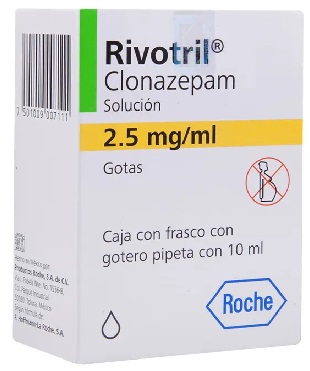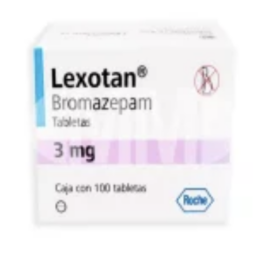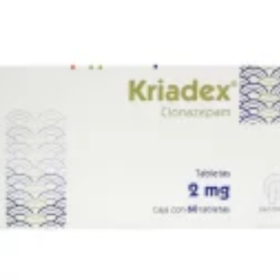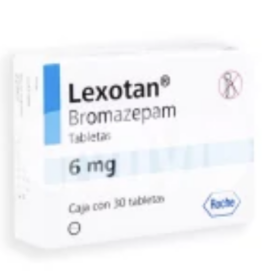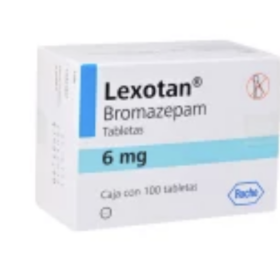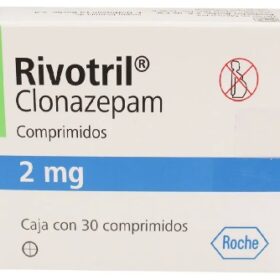- Your cart is empty
- Continue Shopping
RIVOTRIL Clonazepam 10 ML SOLUTION
$92.80
Clonazepam comes as a tablet and an orally disintegrating tablet (tablet that dissolves quickly in the mouth) to take by mouth. It usually is taken one to three times a day with or without food. Take clonazepam at around the same time(s) every day. Follow the directions on your prescription label carefully, and ask your doctor or pharmacist to explain any part you do not understand. Do not try to push the orally disintegrating tablet through the foil. Instead, use dry hands to peel back the foil packaging. Immediately take out the tablet and place it in your mouth. The tablet will quickly dissolve and can be swallowed with or without liquid. Your doctor will probably start you on a low dose of clonazepam and gradually increase your dose, not more often than once every 3 days. Clonazepam can be habit-forming.
Out of stock
Product Description
Do not take a larger dose, take it more often, or take it for a longer period of time or in a different way than prescribed by your doctor. Take clonazepam exactly as directed. Do not take more or less of it or take it more often than prescribed by your doctor. Clonazepam may help control your condition, but will not cure it. It may take a few weeks or longer before you feel the full benefit of clonazepam. Continue to take clonazepam even if you feel well. Do not stop taking clonazepam without talking to your doctor, even if you experience side effects such as unusual changes in behavior or mood, If you suddenly stop taking clonazepam, you may experience withdrawal symptoms such as new or worsening seizures, hallucinating (seeing things or hearing voices that do not exist), changes in behavior, sweating, uncontrollable shaking of a part of your body, stomach or muscle cramps, anxiety, or difficulty falling asleep or staying asleep. Your doctor will probably decrease your dose gradually. Other uses for this medicine Clonazepam is also used to treat symptoms of akathisia (restlessness and a need for constant movement) that may occur as a side effect of treatment with antipsychotic medications (medications for mental illness) and to treat acute catatonic reactions (state in which a person does not move or speak at all or moves or speaks abnormally). Talk to your doctor about the possible risks of using this medication for your condition. This medication is sometimes prescribed for other uses; ask your doctor or pharmacist for more information



